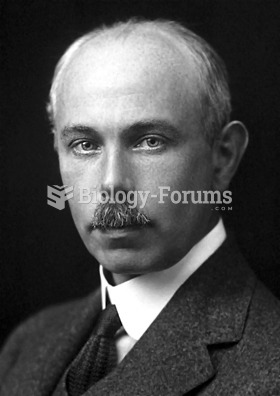|
|
|
Less than one of every three adults with high LDL cholesterol has the condition under control. Only 48.1% with the condition are being treated for it.
Giardia is one of the most common intestinal parasites worldwide, and infects up to 20% of the world population, mostly in poorer countries with inadequate sanitation. Infections are most common in children, though chronic Giardia is more common in adults.
Nearly 31 million adults in America have a total cholesterol level that is more than 240 mg per dL.
The senior population grows every year. Seniors older than 65 years of age now comprise more than 13% of the total population. However, women outlive men. In the 85-and-over age group, there are only 45 men to every 100 women.
It is widely believed that giving a daily oral dose of aspirin to heart attack patients improves their chances of survival because the aspirin blocks the formation of new blood clots.
 Blocked at every turn by congressional Republicans who hated him, President Obama turned to techniqu
Blocked at every turn by congressional Republicans who hated him, President Obama turned to techniqu
 Martin Van Buren, sitting uncomfortably for this engraving, would eventually ascend to the presidenc
Martin Van Buren, sitting uncomfortably for this engraving, would eventually ascend to the presidenc





